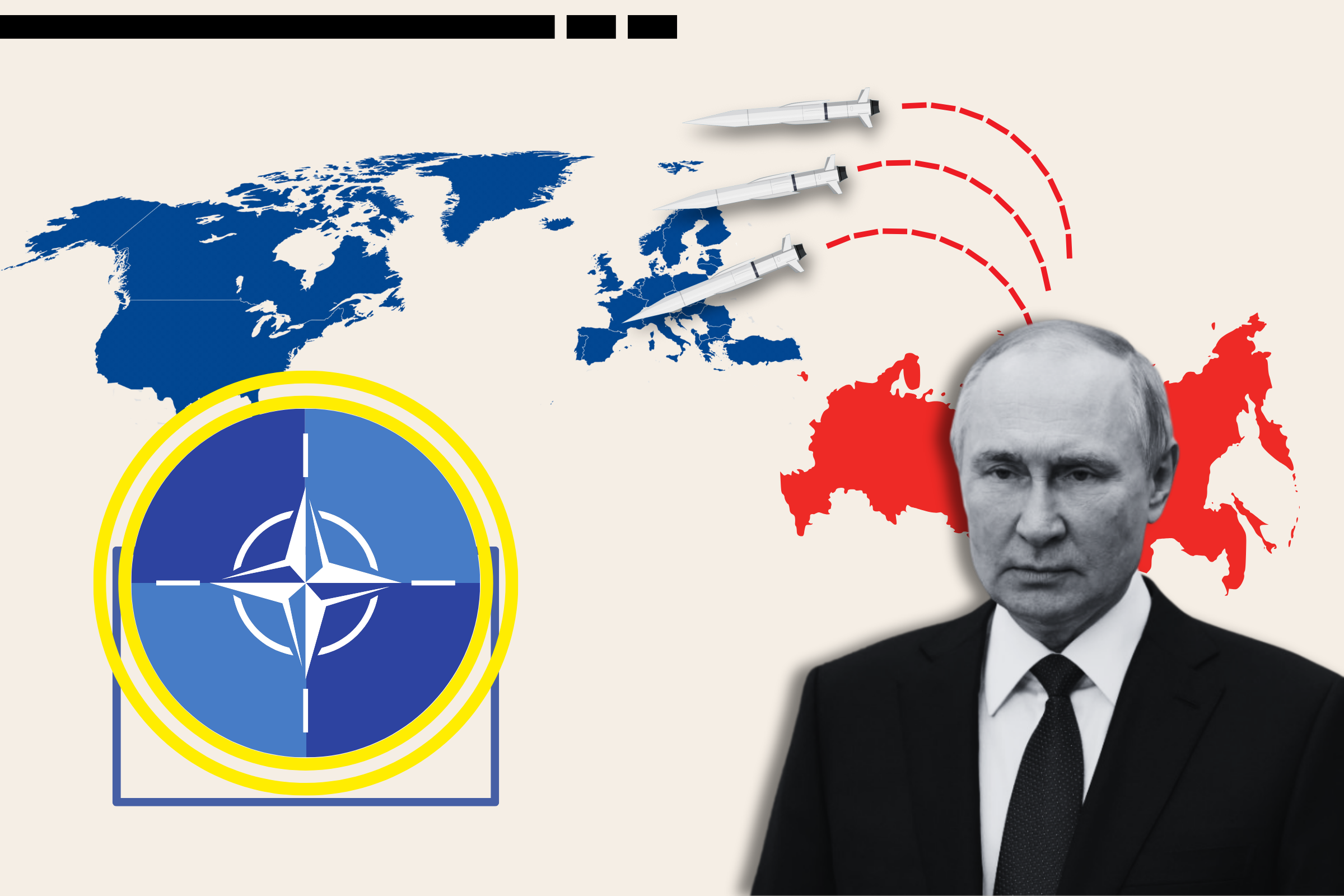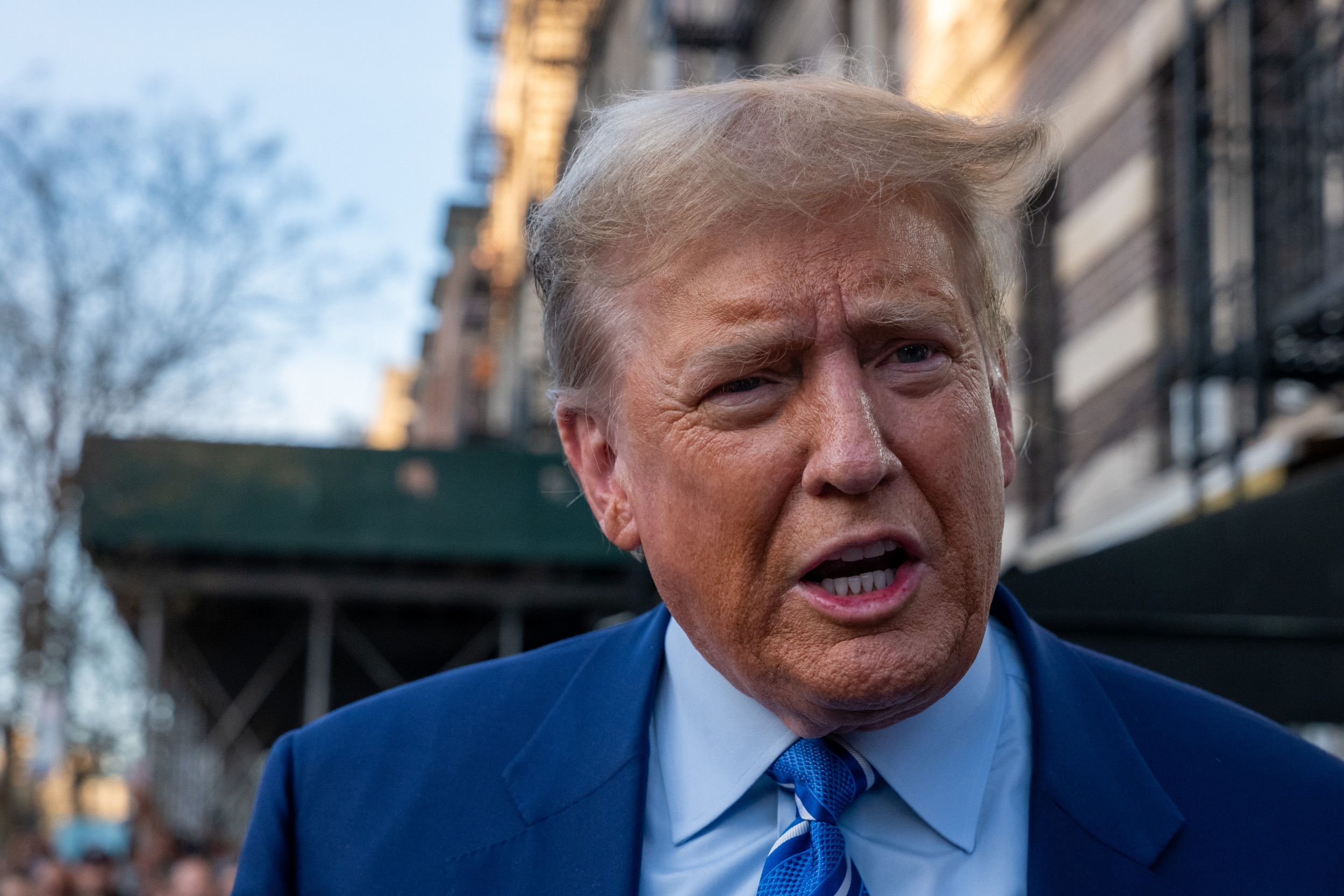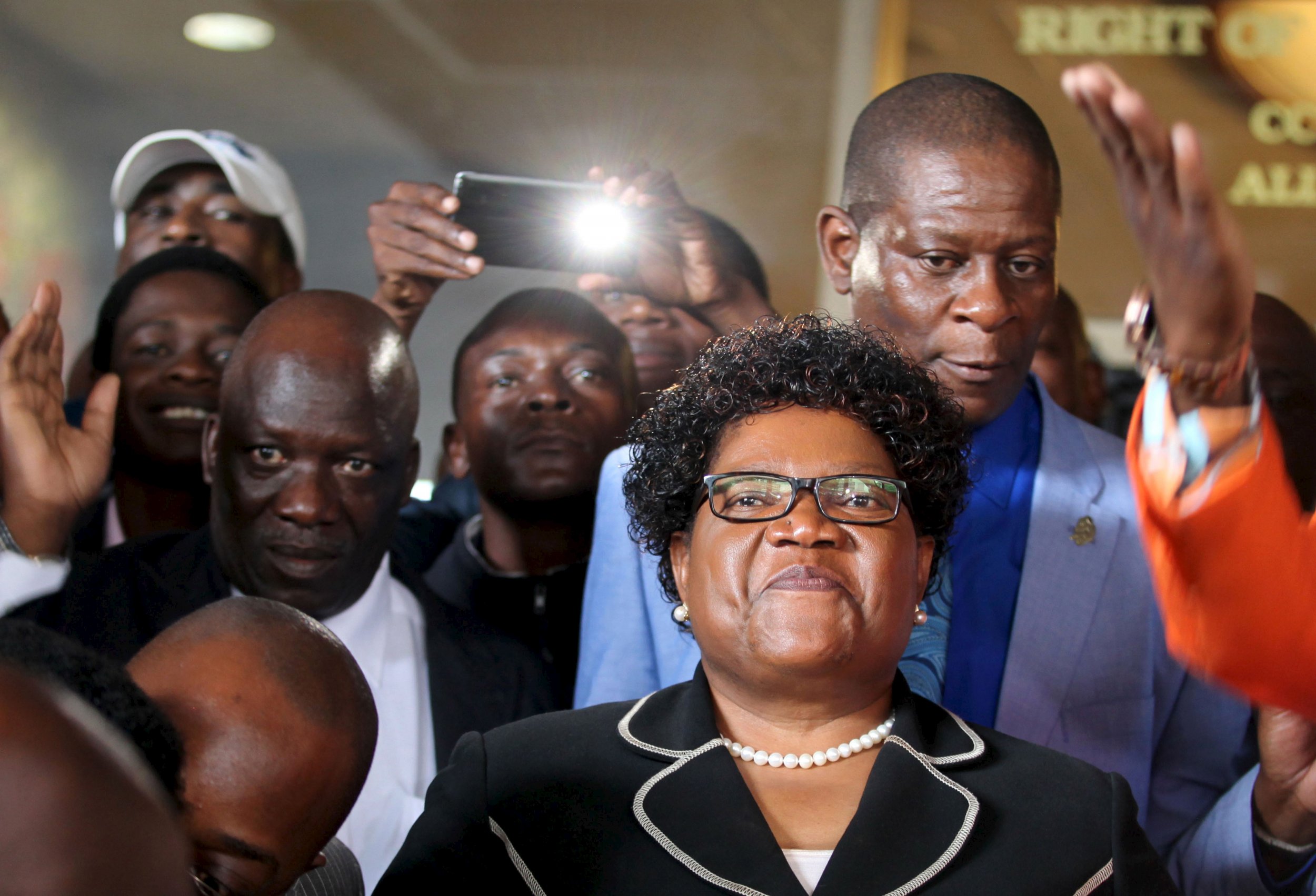
For 10 years, Zimbabwe's former vice president Joice Mujuru had the ear of Robert Mugabe, Zimbabwe's head of state since 1980.
Promoted from the cabinet to vice-president in 2004, Mujuru, 61, stood by Mugabe during a collapse in the country's economy, and saw him through three elections that international observers and political opponents have criticized for being either rigged, or unfair.
But more than two years after she left Mugabe's ruling ZANU-PF coalition under acrimonious circumstances—which included allegations that she was plotting to kill the 93-year-old president—Mujuru says the lines of communication that once existed between her and Zimbabwe's most powerful man have gone dead.
"Since I left ZANU-PF on December 1, 2014, I have never received a phone call, I've never made a phone call, I've never spoken to him," Mujuru tells Newsweek during a recent U.K. visit to drum up support among the Zimbabwean diaspora. "Nothing exists between us anymore."
Mujuru says she has already moved on from the end of her relationship with Mugabe—a man to whom she was once so close that she told the Telegraph she considered herself his "daughter."
"I've no regrets," says Mujuru. "He just wanted to use me."
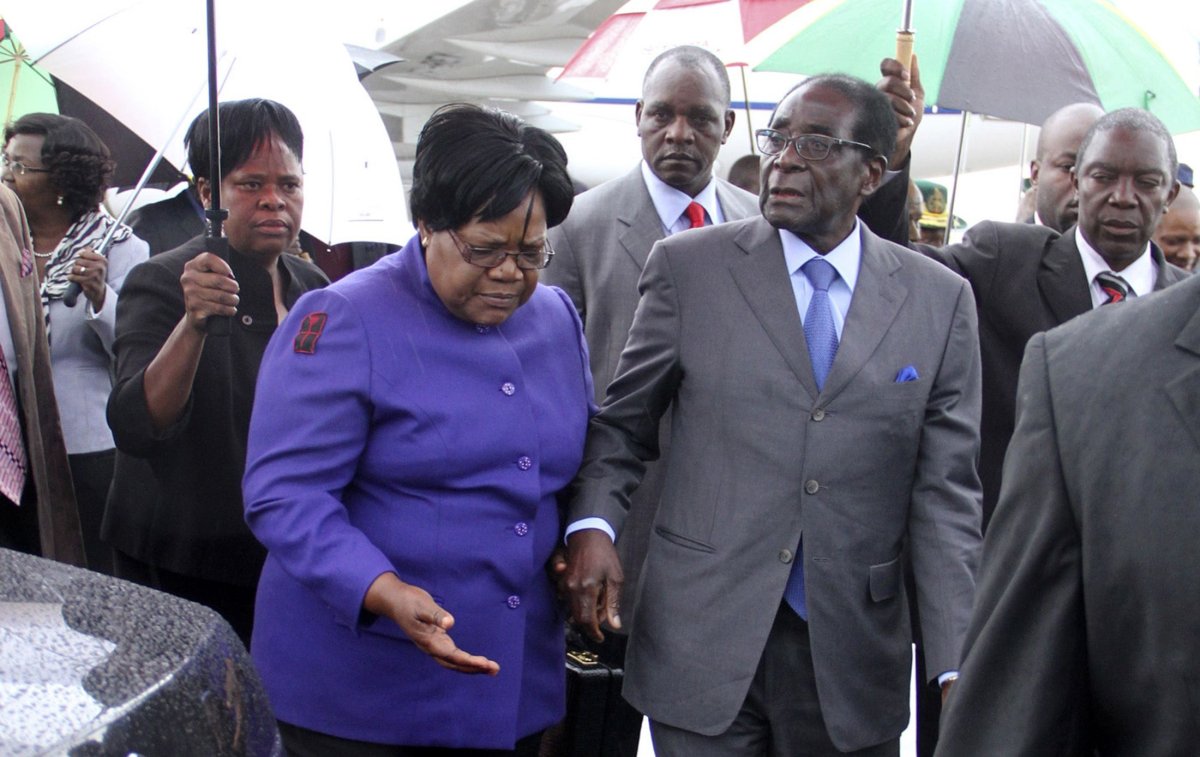
Mujuru's close association to Zimbabwe's most powerful man has served her interests and meant she has become one of the country's most prominent political figures. But now, as she prepares to run for president in the 2018 election that many in the country see as an opportunity for change, she faces the challenge of convincing Zimbabweans that she can offer something different from her former mentor.
Zimbabwe's economy remains in a dire state. While it has stabilized since 2008-09—when the inflation rate peaked at close to 80 billion percent per month and a loaf of bread cost 10 million Zimbabwean dollars —the best estimates put 63 percent of Zimbabweans below the poverty line, while 4.1 million people—more than a quarter of the 14.5 million population—are short of food because of a drought Mugabe declared a national disaster in parts of Zimbabwe in 2016. Economists attribute much of the economic meltdown to misguided policies by Mugabe's ZANU-PF regime—such as forced land redistribution from white farmers, often to government officials with little farming experience, which resulted in international donors suspending aid in the early 2000s to Zimbabwe. Between 2000 and 2008, Zimbabwe's GDP fell by half, the sharpest contraction in the shortest period of time of any economy not at war, according to the World Bank.
In desperation over the state of the economy, Zimbabweans have begun to mobilize in numbers rarely seen before. A series of anti-Mugabe movements launched in 2016; the most prominent, #ThisFlag, led by Evan Mawarire, a Harare-based pastor often seen draped in the Zimbabwean flag, emerged on social media and orchestrated large protests mostly in Harare. Mawarire, 40, has indicated he may run for president in 2018. Meanwhile, veteran Zimbabwean opposition leader Morgan Tsvangirai has gone on a countrywide tour to gather support and demanded Mugabe step down, while other would-be presidential candidates have called for an overhaul of Zimbabwean politics.
Since her expulsion from ZANU-PF, Mujuru has sought to put as much distance between herself and Mugabe as possible. She launched her own political party in 2016, and now presides over a faction called the National People's Party (NPP). While she has publicly accepted her association with ZANU-PF's record on economic and human rights issues, Mujuru has disavowed controversial government policies like indigenization —a largely unsuccessful policy whereby foreign-owned businesses were required to transfer a majority of shares to local black Zimbabweans—and bond notes, a pseudo-currency introduced by the Reserve Bank of Zimbabwe in 2016 to combat a shortage of U.S. dollars that holds no value outside Zimbabwe.
But she has also made missteps. In a recent demonstration in Harare, several opposition parties gathered together to demand electoral reform ahead of the 2018 vote, calling for the U.N. to oversee the polls to prevent the ZANU-PF from rigging the vote. Tsvangirai and Mawarire addressed the protesters, but Mujuru was nowhere to be seen. The NPP party spokesman said she was preparing for a leadership conference, and that the march was well-attended by other NPP officials. But her absence would not have impressed opposition leaders.
Mujuru says the Zimbabwean voters will see her experience as a strength, rather than a stain on her reputation. "The Zimbabwean people have known me for a long time," she tells Newsweek . "From the days when I was the youngest minister, they know exactly how I've been relating to issues that affect their daily lives...They are seeing that it's now my time, because before, I've been subservient to lots of [other] leaderships, but now I will be the leader in my own right."
Mujuru's association with the ZANU-PF regime started at a young age. Born in 1955 in what was then Southern Rhodesia, she entered the Rhodesian Bush War while still in high school. Mujuru's exploits during the liberation struggle gave her currency in Mugabe's government after independence: she took the nom-de-guerre Teurai Ropa (Spill Blood) during the war and claims to have shot down a Rhodesian helicopter with a light machine gun in 1974. She married fellow freedom fighter Solomon Mujuru, a senior commander in the liberation army, and became the youngest cabinet minister at independence in 1980.
Mujuru held various ministries over the following decades and endorsed some of Mugabe's most controversial policies; her husband seized her current farmstead home at Alamein Farm, south of Harare, from a white farmer in 2001. (Mujuru has since pledged she will pay the farmer damages.) But the family's proximity to power may have cost them dearly: Solomon Mujuru, who was rumored to be one of the only members of ZANU-PF's top policy making body with the gravitas to challenge Mugabe, died in a mysterious fire at the farm in 2011.
Her husband's death signaled the beginning of a relationship breakdown with Mugabe: Mujuru publicly questioned whether he had been assassinated and was the target of a months-long smear campaign by Grace Mugabe, the president's influential wife. This culminated in Mujuru's expulsion from ZANU-PF in December 2014: The president accused her of being part of a "treacherous cabal" that plotted to overthrow him and threatened to prosecute her for "gross corruption" relating to deals made while she was in office.
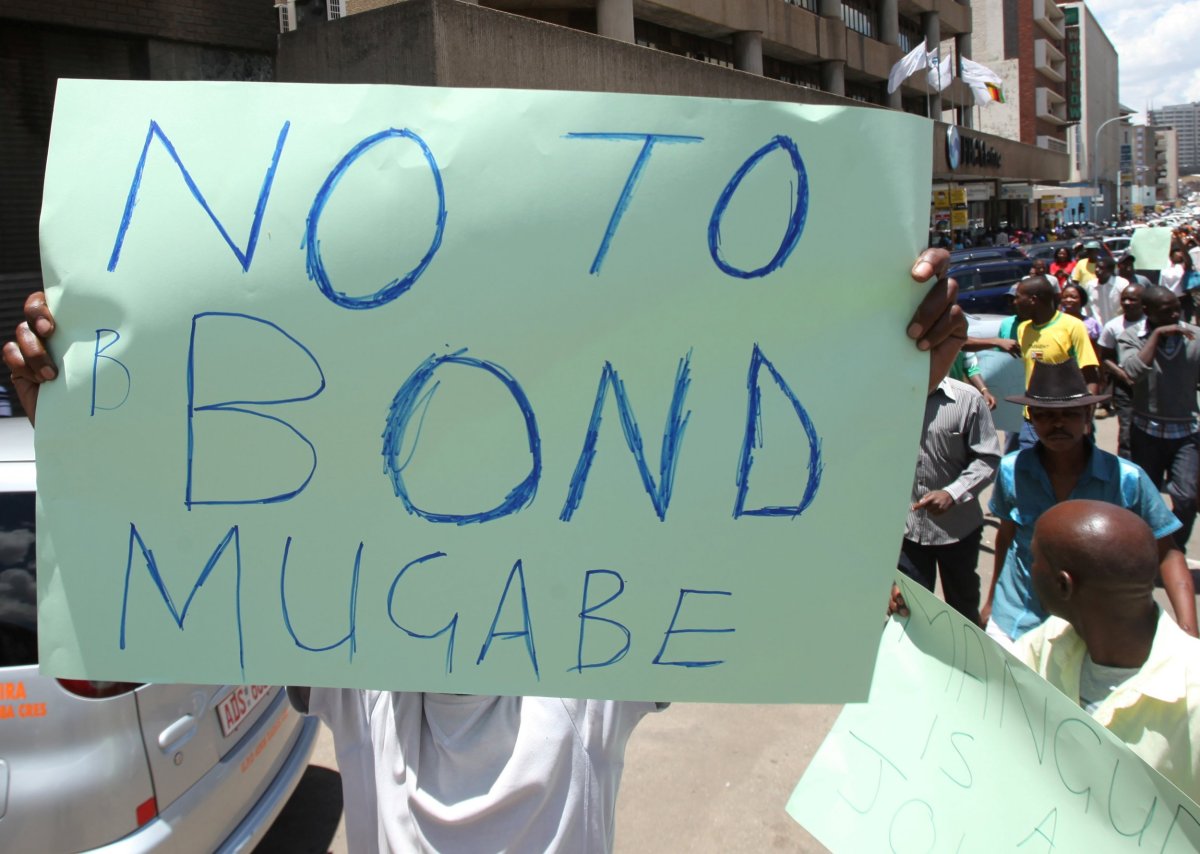
According to Knox Chitiyo, a Zimbabwe expert at London-based think tank Chatham House, Mujuru faces an "uphill battle" to convince voters—and fellow opposition leaders—that she is the woman to replace Mugabe.
"Her removal [from ZANU-PF] was a very tough process and there was a level of sympathy for her, but she still has to really build trust and confidence among people that she is really done with ZANU-PF," says Chitiyo. He expects Mujuru will play some role in a grand opposition alliance, if one is formed ahead of 2018, but that she is likely to defer to Tsvangirai as its leader.
Mujuru says she is talking to opposition parties, including Tsvangirai, about working together—perhaps a tacit admission that she needs to work with Mugabe's staunchest foes in order to cleanse herself of association with the president. (Tsvangirai declined to comment when asked by Newsweek if he was willing to collaborate with Mujuru, as did the protest-leading pastor Mawarire.) But given the length and closeness of her history with the president, Mujuru must do a lot to convince Zimbabweans that the woman who once thought of herself as Mugabe's daughter is ready to succeed him and take the country in a new direction.
Uncommon Knowledge
Newsweek is committed to challenging conventional wisdom and finding connections in the search for common ground.
Newsweek is committed to challenging conventional wisdom and finding connections in the search for common ground.
About the writer
Conor is a staff writer for Newsweek covering Africa, with a focus on Nigeria, security and conflict.
To read how Newsweek uses AI as a newsroom tool, Click here.



